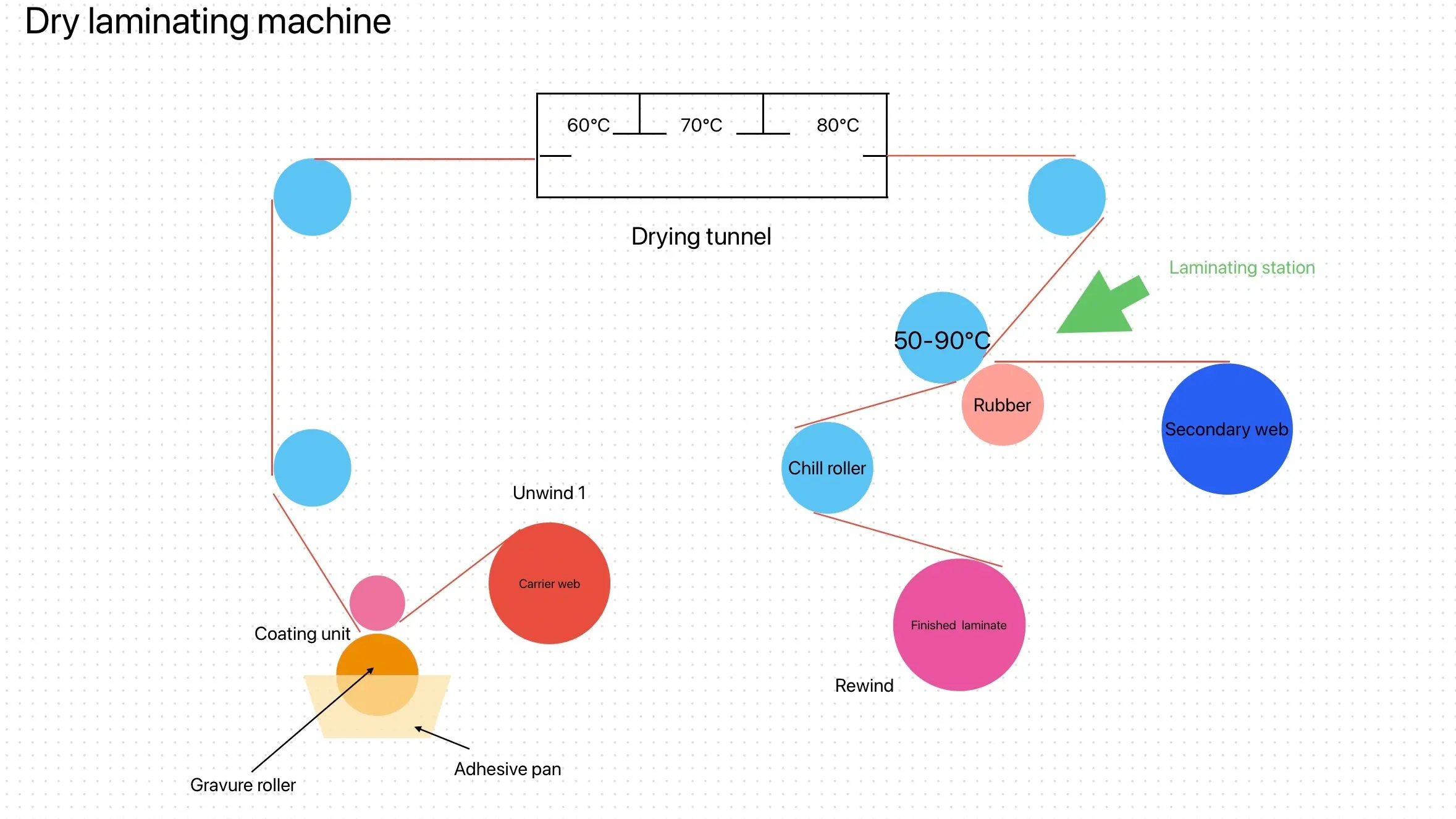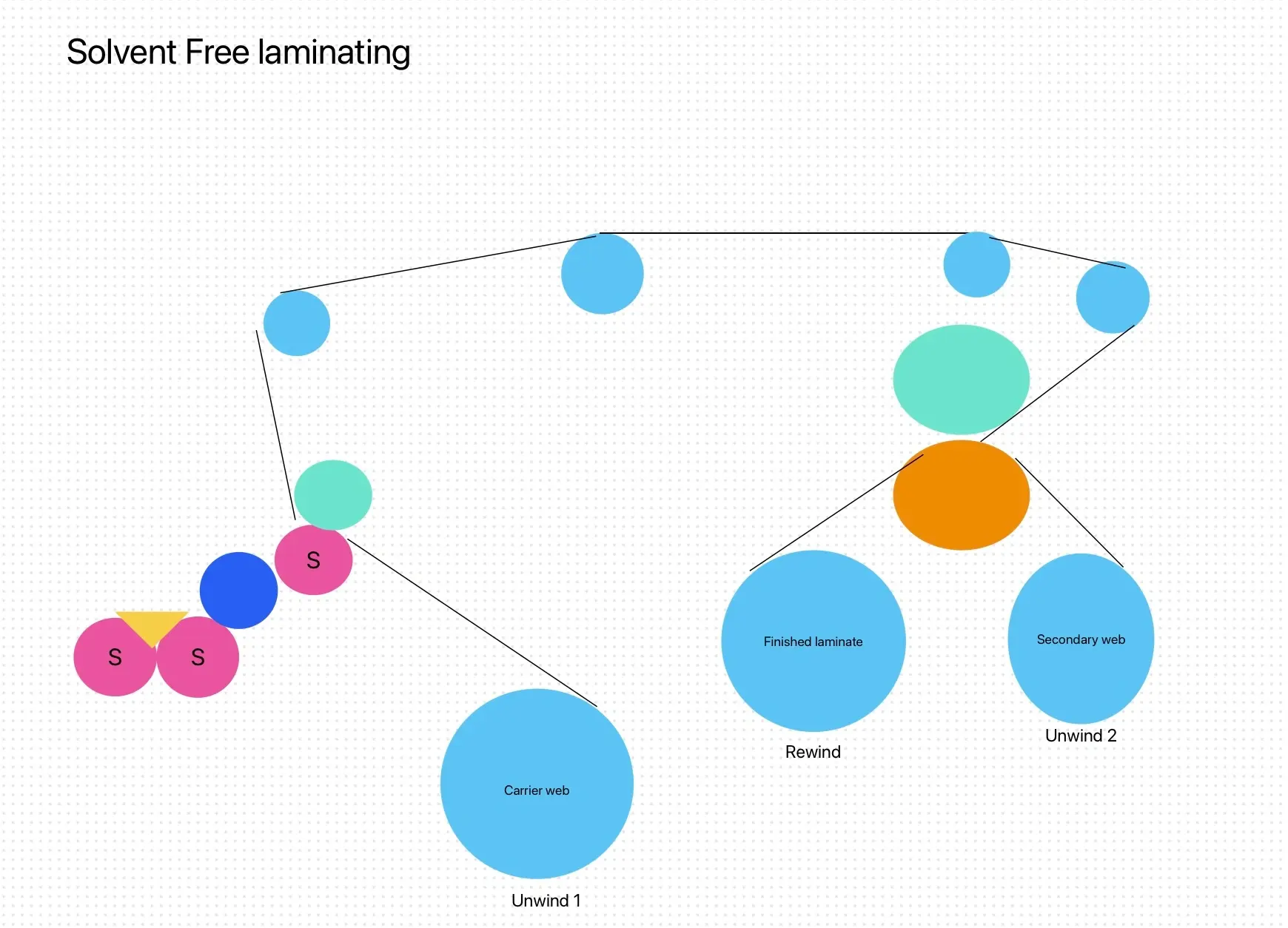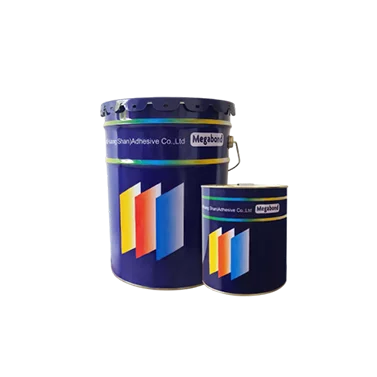In today’s world, businesses are increasingly seeking bonding solutions that are both effective and environmentally friendly. Solvent-free polyurethane adhesives are at the forefront of this trend, offering strong, durable, and eco-friendly bonding solutions without the harmful effects of traditional solvent-based adhesives. These VOC-free adhesives are transforming industries like construction, automotive, aerospace, and furniture manufacturing. In this article, we explore the benefits and applications of these innovative adhesives.
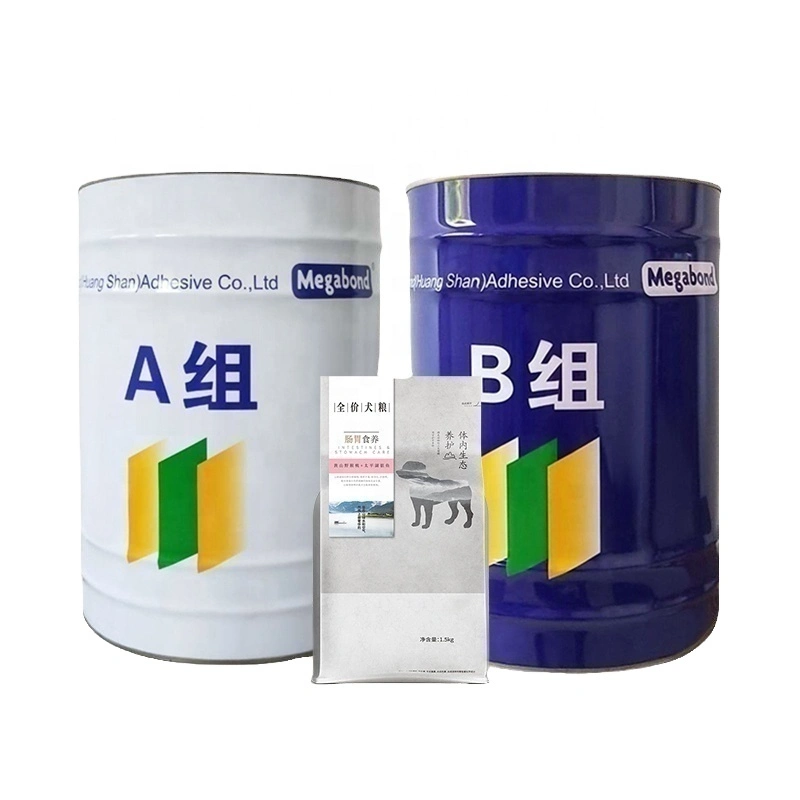
What Are Solvent-Free Polyurethane Adhesives?
Solvent-free polyurethane adhesives are adhesives formulated without volatile organic compounds (VOCs). Unlike traditional adhesives that contain solvents to adjust viscosity, these eco-friendly adhesives rely on a chemical reaction between polyol and isocyanate components to form a strong, flexible bond. The absence of solvents means no harmful fumes, making them a safer choice for workers and a cleaner option for the environment.
Advantages of Solvent-Free Polyurethane Adhesives
1. Environmentally Friendly
By eliminating the need for solvents, solvent-free polyurethane adhesives reduce VOC emissions, contributing to a healthier planet. This makes them ideal for companies aiming to meet sustainability goals and adhere to environmental regulations.
2. Health and Safety
These green adhesives pose fewer risks to workers, eliminating the need for special ventilation systems or protective gear. Without the harmful fumes found in solvent-based adhesives, the working environment remains safer and more comfortable.
3. High Bond Strength
Despite being VOC-free, solvent-free polyurethane adhesives deliver exceptional bond strength, making them suitable for bonding metals, plastics, glass, wood, and more.
4. Flexibility
These adhesives remain flexible after curing, offering resilience against stress, temperature changes, and moisture. This makes them perfect for applications where materials may expand or contract.
5. Faster Curing
The absence of solvents means these adhesives cure more quickly than their solvent-based counterparts, enhancing production efficiency and reducing downtime.
Applications of Solvent-Free Polyurethane Adhesives
These flexible packaging adhesives are used across various industries, including:
- Construction: Bonding flooring, roofing, and insulation materials.
- Automotive: Bonding trim, mirrors, and dashboard components.
- Furniture: Assembling furniture and bonding wooden products.
- Aerospace: Joining composite materials and securing aircraft parts.
- Electronics: Protecting delicate components from environmental damage.
- Packaging: Ensuring the durability of cardboard, paper, and plastic packaging.
Why Choose Solvent-Free Polyurethane Adhesives?
1. Sustainability
Switching to solvent-free adhesives is a proactive step toward sustainability. These adhesives help reduce emissions and contribute to a cleaner environment.
2. Regulatory Compliance
With increasing restrictions on VOCs, adopting solvent-free polyurethane adhesives ensures compliance with environmental regulations and industry standards.
3. Cost-Effectiveness
While they may cost more upfront, these adhesives provide long-term savings due to faster curing times and reduced health and safety risks.
4. Improved Work Environment
Solvent-free polyurethane adhesives create a safer, healthier working environment by reducing the exposure to harmful fumes.
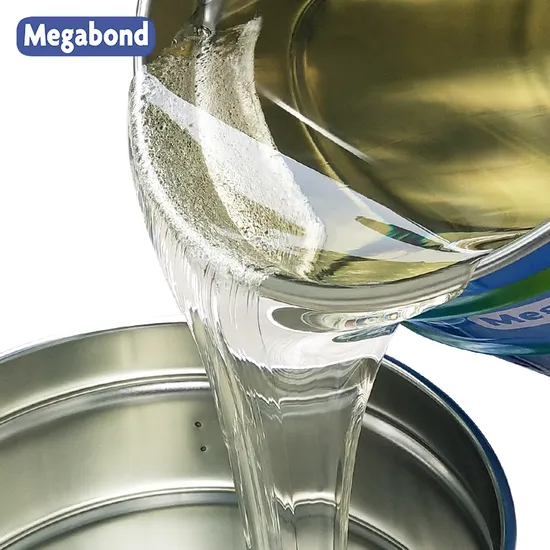
The Future of Eco-Friendly Bonding Solutions
Solvent-free polyurethane adhesives represent the future of bonding technology. Offering a sustainable, safe, and efficient alternative to traditional adhesives, they provide businesses with the reliability and performance they need while helping them meet environmental and health standards. As industries continue to prioritize sustainability, these VOC-free adhesives will play an increasingly important role in shaping the future of manufacturing.

